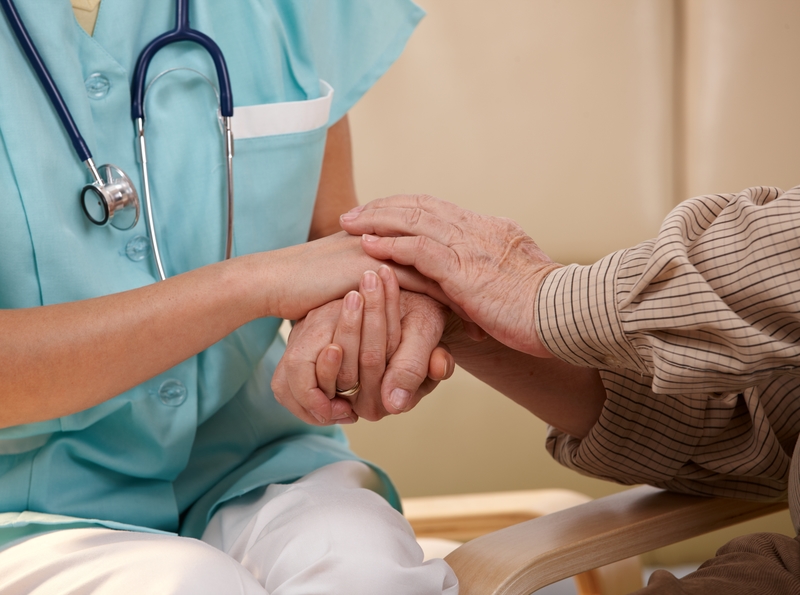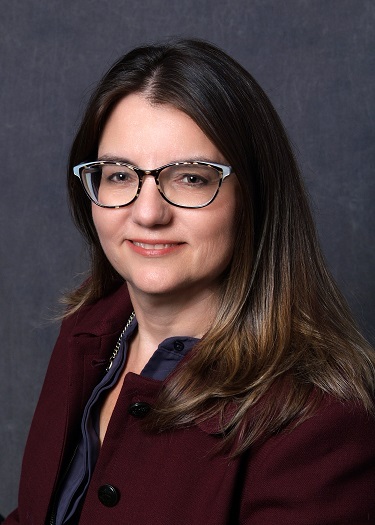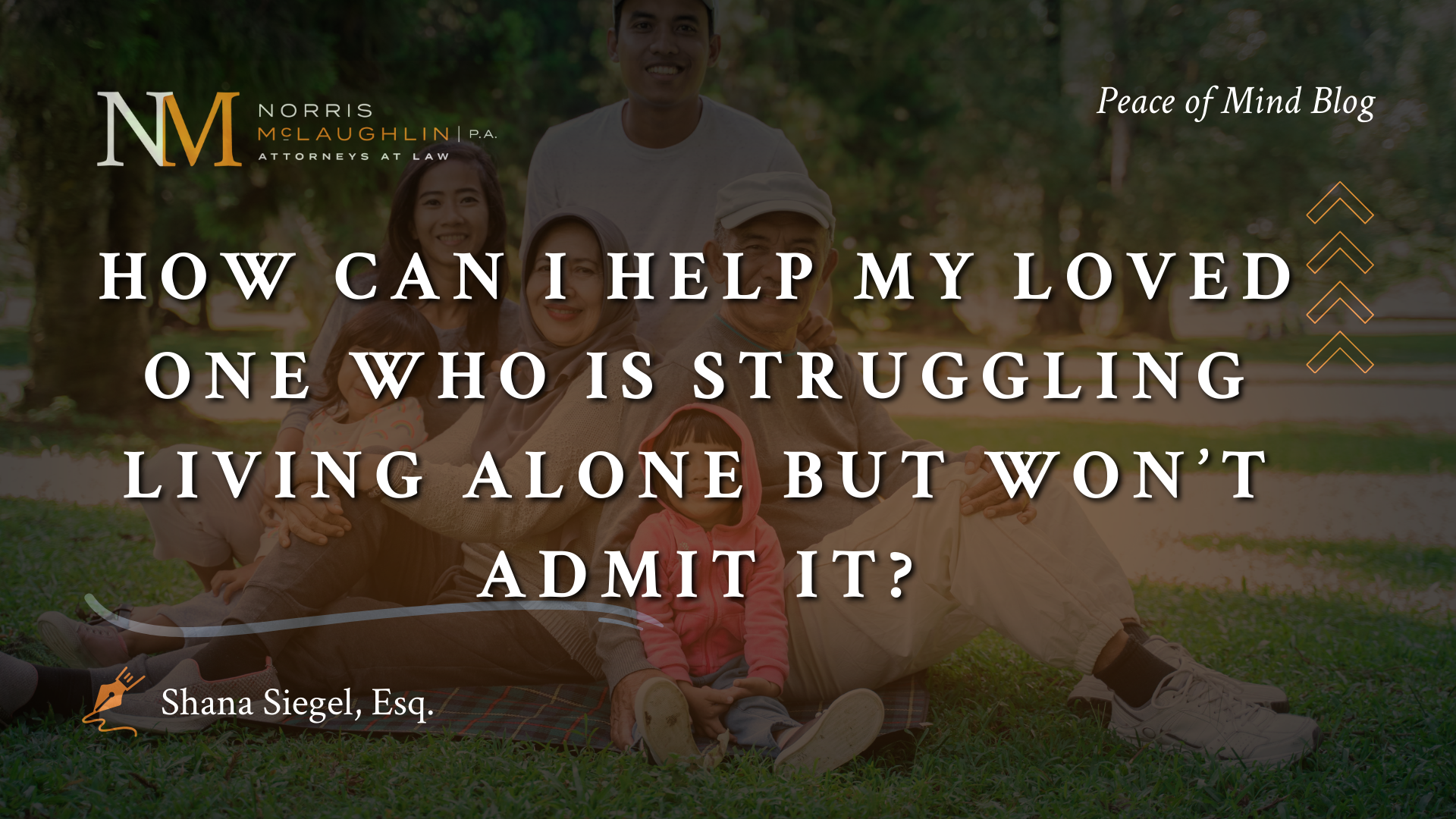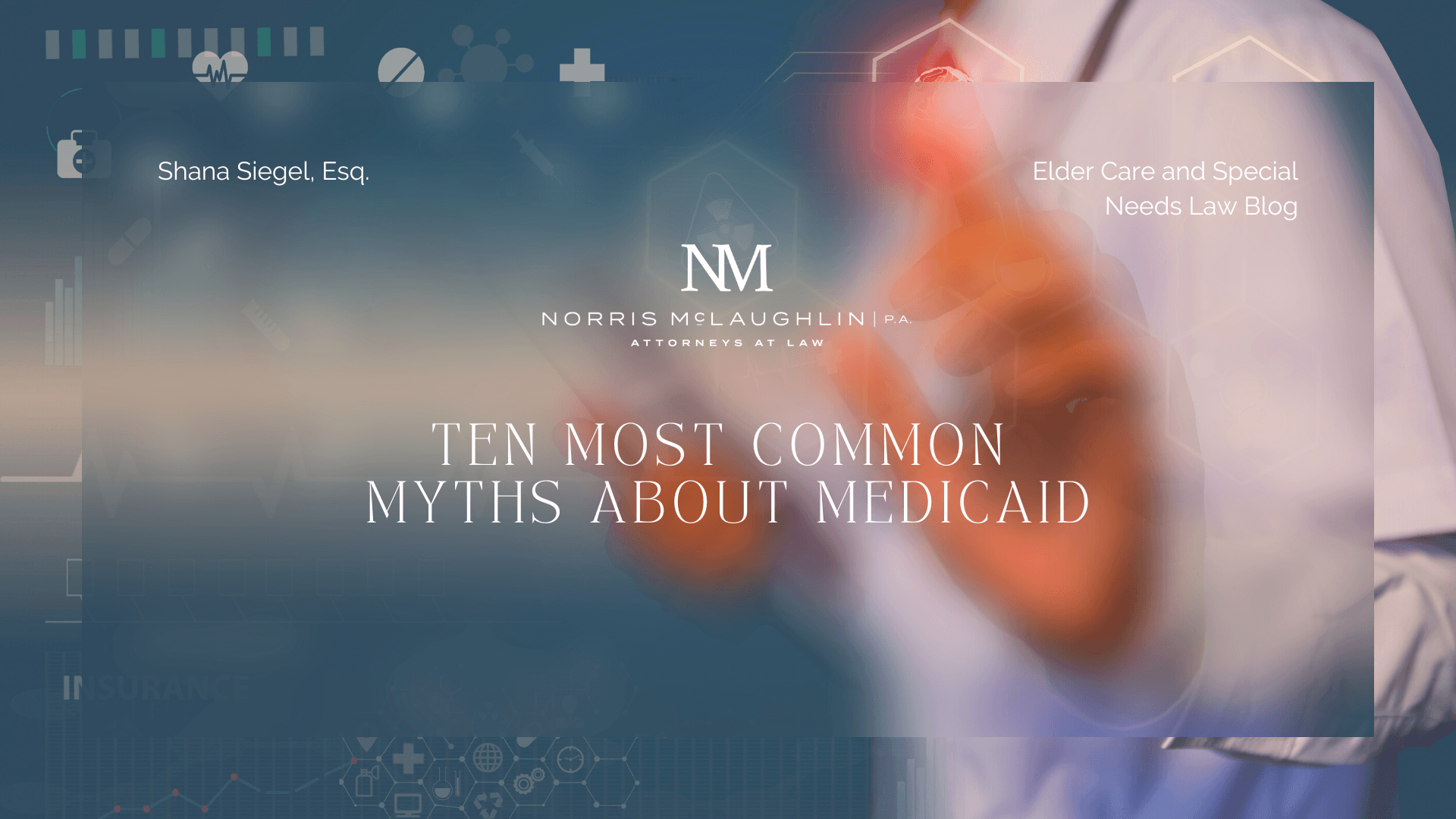COVID-19’s Impact Multiplies for Seniors and Vulnerable Adults

Every hour another complication of the coronavirus (COVID-19) seems to emerge, many of which seem to fall most heavily on individuals with disabilities and seniors. Obviously, the risk of illness is greatest for the elderly and other people with underlying health illnesses. The death rate for nursing home residents is staggering. This has resulted in the banning of all visitors at facilities. Senior centers that so many older adults rely on for socialization are closed. Although many are open for meal pick-up, many seniors are faced with challenges of getting to their local center without public transit. As almost all public institutions close such as libraries and community centers, seniors are faced with isolation which can be just as deadly as COVID-19 itself.
COVID-19 Affect on Seniors and Home Health Workers
Individuals who need daily care are at highest risk. The federal government has waived the normal three-day hospital stay requirement for Medicare coverage of rehab to free up hospital beds. However, colleagues across the country report that most long-term care facilities are not accepting new admissions currently. Moreover, many home health care agencies cannot accept new cases as they are straining to service their current clients. This is only likely to get worse as more home health care workers come down ill or must remain at home with their own families. This is likely to mean that many elderly individuals will end up stuck in hospitals at a time when that is an increasingly unsafe place to be.
Home health workers and aides also pose a great risk to the residents and patients they serve. A large percentage of workers work in several settings, whether facilities or for individual clients. These workers can carry the virus spreading it between facilities and patients even when not showing any symptoms. Facilities and agencies are tasked with carefully screening workers. But, of course, the patients rely on the care provided by these workers. Agencies and facilities cannot simply shut down.
COVID-19 Affect of Agencies and Medicaid
Some agencies that serve vulnerable adults have ceased operations temporarily. In New Jersey, all day programs for disabled individuals are closed. This puts an overwhelming burden on families to care for their family members without outside assistance. The Division of Developmental Disabilities (DDD) has allowed for some flexibility to address the difficulties presented. They have lifted restrictions to allow in-home providers and self-directed employees to work more hours than previously budgeted and more than 40 hours per week. They are also allowing parents, spouses, and guardians to be paid as self-directed employees, but they still must go through the application process.
All face-to-face contact between clients and support coordination agencies and DDD staff are suspended unless related to health and safety. Of course, the concern is that there is no way to determine when health and safety are jeopardized without regular contact. The DDD is operating remotely. If you call their main number, you will be told to leave a message with the answering service and the appropriate staff person will return the call. Reports of suspected abuse and neglect are continuing to be taken and investigated, fortunately.
Other state agencies that serve older adults and individuals with disabilities are impacted as well. In our practice, we have seen a major impact on Medicaid. The NJ Boards of Social Services have moved to remote access and skeleton staff in their offices. There is no doubt this will lead to even slower than normal processing. It is unclear how Medicaid applications can be processed remotely as the system is still almost completely paper-driven. In addition, the nurses who go into the community to assess Medicaid applicants are not doing so. Unless a waiver is granted, this will prevent applicants from securing Medicaid and result in a denial of necessary care and benefits for individuals in the community and gaps in coverage for facility residents.
We are in extraordinary times. Hopefully, life will return to normal soon. However, in the meantime, families, and advocates for older adults and individuals with disabilities must be vigilant to protect these vulnerable populations. We suggest maintaining regular phone contact with your loved one and do not be afraid to reach out for help. Private providers, community agencies, and local governments are there to work with you to ensure that individuals do not slip through the cracks in these scary times. And, of course, please contact us if we can provide any assistance.




